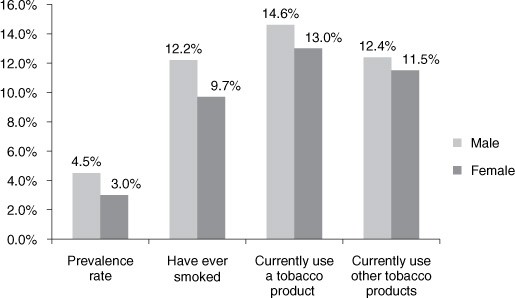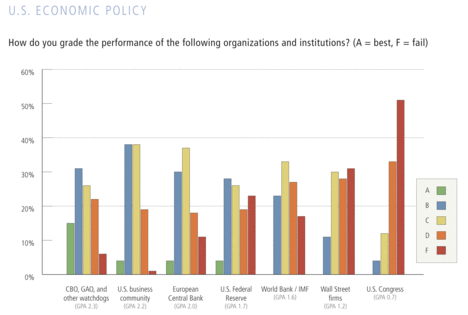When Phil Reports Nation s Economists Listen A Monthly Survey Of 290 Manufacturing Companies
Post on: 16 Март, 2015 No Comment

By Susan Warner, INQUIRER STAFF WRITER
Posted: October 18, 1996
Once a month, Philadelphia manufactures one of its best-known products, at least among economists — the Federal Reserve Bank of Philadelphia’s survey of manufacturers.
Founded in 1968, the survey is one of the nation’s senior economic readouts, drawing a loyal following among business gurus, who use it to forecast the financial future.
«I watch it very closely. Even though it is for the Middle Atlantic region, we feel it is a good representation of the important economic trends,» said Gary Thayer, senior economist at A.G. Edwards & Sons, the St. Louis securities firm.
Yesterday, the October survey was released, indicating slower growth ahead.
Employment weakened and unfilled orders, delivery times and inventory levels also foreshadowed slower growth, the Philadelphia survey found.
Top officers at 290 manufacturing companies in the bank’s region, which extends from Eastern Pennsylvania to South Jersey and Delaware, are sent a questionnaire each month, and about 150 usually respond.
The Philadelphia Fed promises them anonymity to promote honesty.
The simple one-page survey takes a minute or two to fill out.
Executives are asked about 11 business conditions. They merely check a box indicating
whether each of the indicators has decreased, increased or stayed the same in the past month. Then, they are asked what they think will happen six months ahead.
The results are tabulated into an index that measures the rate of change in the indicators over the prior month, and the change forecast.
For example, in the survey results released yesterday, the index for general business activity was 5.3. Since the number was positive, it indicates continued growth. But it was down from 13.9 in September, indicating slower growth.
The respondents are not asked to fill in actual numbers, such as sales figures or the level of new orders. They are only asked what their gut is telling them.
Bank economists say that because the survey is easy to fill out, the response rate and final results are better.
«Sure, if you talk to economists they’d rather have precise numbers, but you have to balance that with what people are willing to fill out,» said Ed Boehne, president of the bank, who put together the first survey as a new economist.
The ease in filling out the survey also means it can be released quickly.
This month’s deadline to return the survey was Friday, so information from the first two weeks in October is included.
The U.S. trade deficit numbers, expected today, will be for August.
«That’s old news. Who cares now?» said Thayer.
Michael Trebing, who conducts the survey for the Philadelphia Fed, said manufacturing, with its tentacles stretching throughout the entire economy, remains economists’ most reliable gauge on future activity.
«Since the manufacturing sector is more cyclically sensitive, what’s happening in the short run in manufacturing can tell us what’s happening in the economy in general,» he said.

Ted Crone, vice president and economist at the Philadelphia Fed, said the survey’s long history now gives it more weight as a predictor of economic peaks and valleys.
Originally, he said, it was designed to give local companies and financial institutions a better view of the local economy.
While national data is plentiful, regional data is usually weak — and late.
In recent years, as the stock market has boomed, the survey has gained broader interest from Wall Street analysts and investors, who use it as a market predictor, Crone said.
Another audience for the survey is the Fed’s Open Market Committee, which sets national interest-rate policy and can set off wild gyrations in the stock market and other sectors of the economy.
«That,» said Crone, «is really the biggie.»
Other Federal Reserve districts have launched manufacturing surveys, including Atlanta, Chicago and Richmond.
But Sung Won Sohn, an economist with Norwest Corp. in Minneapolis, said Philadelphia is his favorite.
The Atlanta survey, he said, has too much emphasis on textiles.
Chicago, is weighted heavily toward agriculture, he said.
«That’s not what I’m looking for,» said Sohn. «I’m looking for hard manufacturing — automobile parts, machine tools. That’s Philadelphia.
«I think Philadelphia mirrors industrial America much better.»














